- Home
- slideshows
- miscellaneous
- Nurses reveal 7 facts about hospitals a lot of people don't know, from why it's always so cold to how unclean they can be
Nurses reveal 7 facts about hospitals a lot of people don't know, from why it's always so cold to how unclean they can be
The needs of hospital administration are often different than what hospital staff wants.

Hospital staff can be extremely overworked.

Many nurses have previously told Business Insider that long shifts, coupled with short staff, is one of the most challenging aspects about being a nurse.
"People don't realize how overworked the staff are," said Sean, a nurse from New Mexico. "I say that with a grain of salt because I have been privy to some units where staff truly are lazy and just gossip all day. But that is definitely not the norm."
According to Deborah, a retired nurse from Florida, hospitals can say they are staffed, but in reality, operate short staffed.
"Every single person working at the hospital wants the very best for each patient," said Ann, a nurse from North Carolina. "Sometimes medical personnel come across as impatient. They are just super busy and often overwhelmed."
Nurses perform much of the work at hospitals, but receive little credit for it.
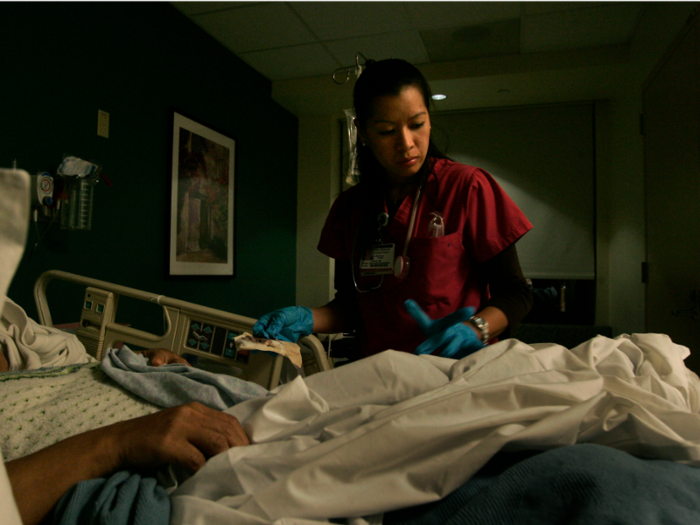
Some services, like surgery, diagnosis, and general physician visits, don't require hospitalization, says Teresa, a nurse in Portland. Hospitals rely on nurses who perform 24/7 hospital care, yet she feels other hospital workers still do not give them the pay or validation that they deserve.
"We are delivering their no.1 product, and they dismiss us as nuisances," Teresa said. "We are in the cost column, although we are providing the major service of any hospital."
Teaching hospitals and non-teaching hospitals may offer different care.
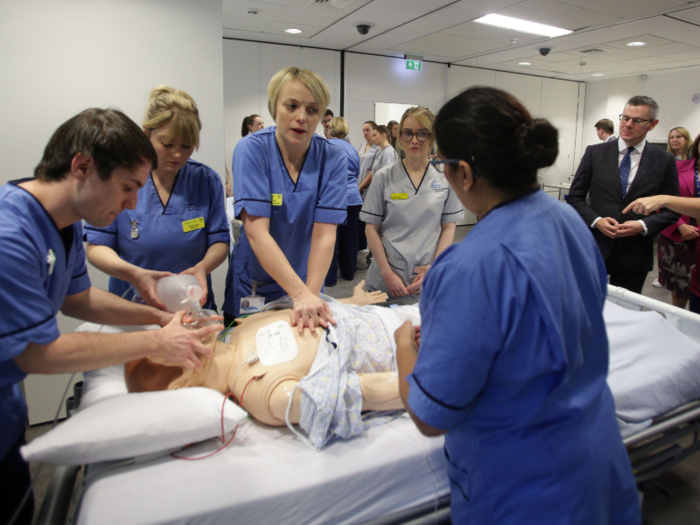
"Teaching hospitals are up on the most recent research," said Susan, a nurse from Ohio.
Teaching hospitals are places affiliated with medical schools, where med students receive practical training. Teaching hospitals also cost taxpayers more, as they receive more Medicare funds than other hospitals, as well as patients paying out of pocket.
Reports have found teaching hospitals can provide better care than general hospitals. A 2014 report in the Journal of the Association of American Medical Colleges found major teaching hospitals provide care for minorities and patients with more serious injuries than general hospitals. A more recent report also found mortality rates are lower at teaching hospitals.
Nonprofit hospitals still need to worry about revenue.
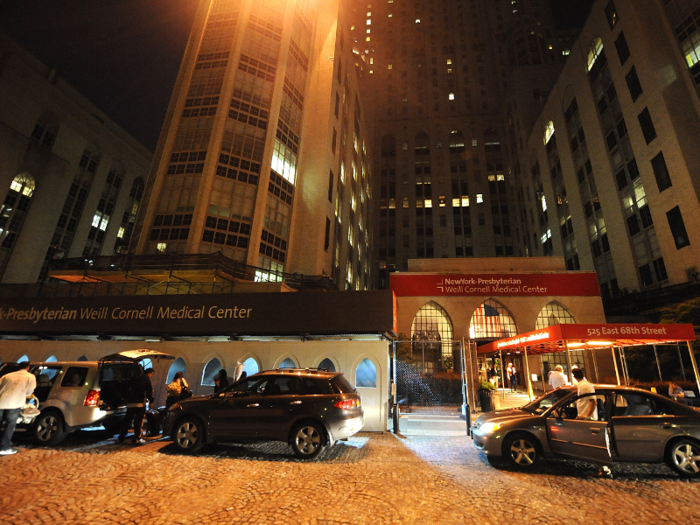
Just like teaching hospitals, nurses say many people fail to understand the difference between nonprofit and for-profit hospitals.
Sixty percent of community hospitals in the US are nonprofit, meaning they do not have to pay state or local taxes. For-profit hospitals can be more sensitive to financial incentives, and tend to not offer care that isn't bringing in much money, such as psychiatric emergency care, according to an analysis by Jill R. Horwitz, a professor at the University of California-Los Angeles.
Yet nonprofit hospitals are not always the better option, warns David, an OR nurse from Arizona: "Even the 'nonprofit' hospitals are all about profit they just don't have shareholders." A 2018 report found nearly a third of nonprofit hospitals benefited from tax exemptions without providing much greater community benefit.
They aren't as clean as you'd hope.
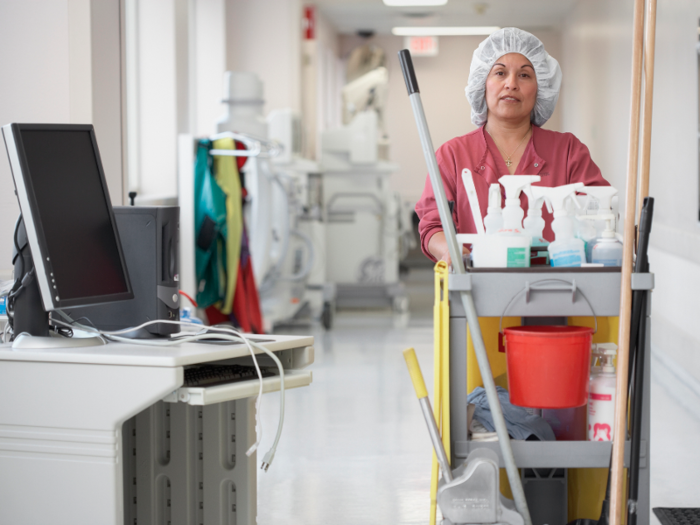
Multiple nurses (including Juliette, a private practice nurse from North Carolina) told Business Insider that hospitals are not as clean as patients may expect.
Research has shown patients can leave hospitals carrying germs or bacteria they didn't have before, according to Kaiser Health News. Brittney Wilson, a registered nurse in Tennessee, blogged that while hospitals change bedding between patients, they may not disinfect other parts of the room, including door knobs and call buttons.
"With the number of patients and visitors walking the hallways each day, some hospitals cannot maintain a high level of cleanliness," Wilson wrote.
Temperatures in individual rooms typically can't be adjusted.
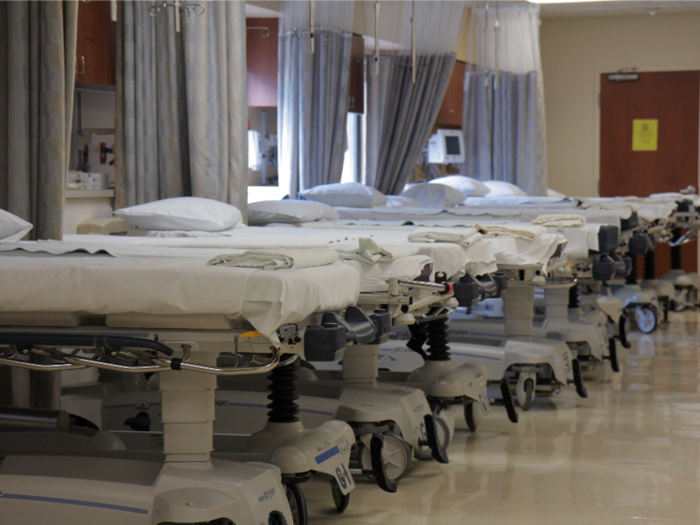
Next time you complain about your room being too cold, know that you're not alone: nurses and other hospital staff can't adjust heat on a per-room basis.
"The environmental systems usually can't be adjusted per room," said Matt, a nurse in New York. "If your room is too cold or too warm, chances are the entire floor is."
Popular Right Now
Popular Keywords
Advertisement